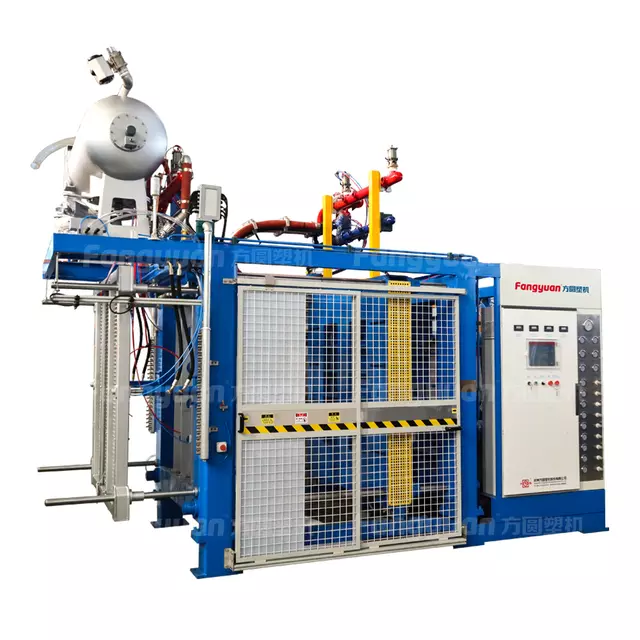Introduction:
ETPU (Extensible Temperature Programming Universal Machine) machines have become increasingly popular in the global manufacturing industry. These machines are designed to allow users to program and control temperature settings on various industrial applications. However, navigating international markets for these machines can be a challenging task due to different export regulations across countries.
Body:
1. Understanding Export Regulations:

Before exporting any ETPU machine to another country, it is essential to understand the specific export regulations of that country. Different countries may require different documents such as import licenses, certificates of origin, or safety certifications. It is important to comply with all required regulations to avoid penalties or delays.
2. Choosing the Right Market:
Once you have determined which country you want to export your ETPU machine to, you need to choose the right market. Each country has its own unique consumer preferences, cultural norms, and legal requirements. Researching local trends and consumer behaviors can help you determine the best target market for your product.
3. Obtaining Necessary Documents:
Obtaining necessary documents such as customs clearance documentation, quality inspection reports, and safety certifications can significantly reduce the risk of importing into certain countries. It's crucial to work closely with local distributors or agents who can assist you in obtaining these necessary documents.
Conclusion:
Navigating international markets for ETPU machines requires careful planning and preparation. By understanding export regulations, choosing the right market, and obtaining necessary documents, businesses can successfully enter new international markets. With the right approach, ETPU machines can expand their reach globally and contribute to economic growth in emerging markets.
Please note that this article was created with the intent to provide an overview of navigating international markets for ETPU machines and does not cover every aspect of exporting products internationally. For more detailed information, consult with professionals in international trade law and compliance.
























 QQ
QQ